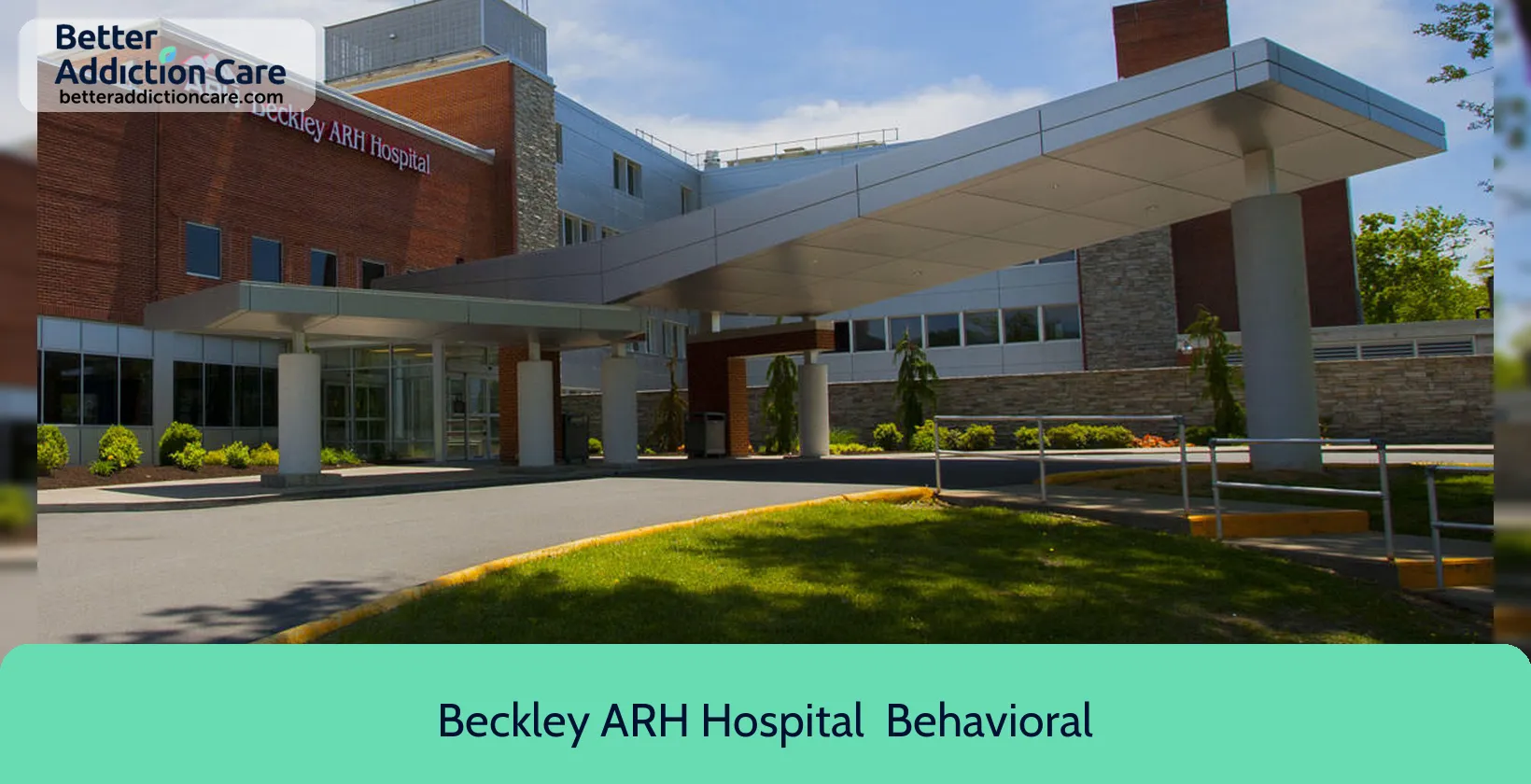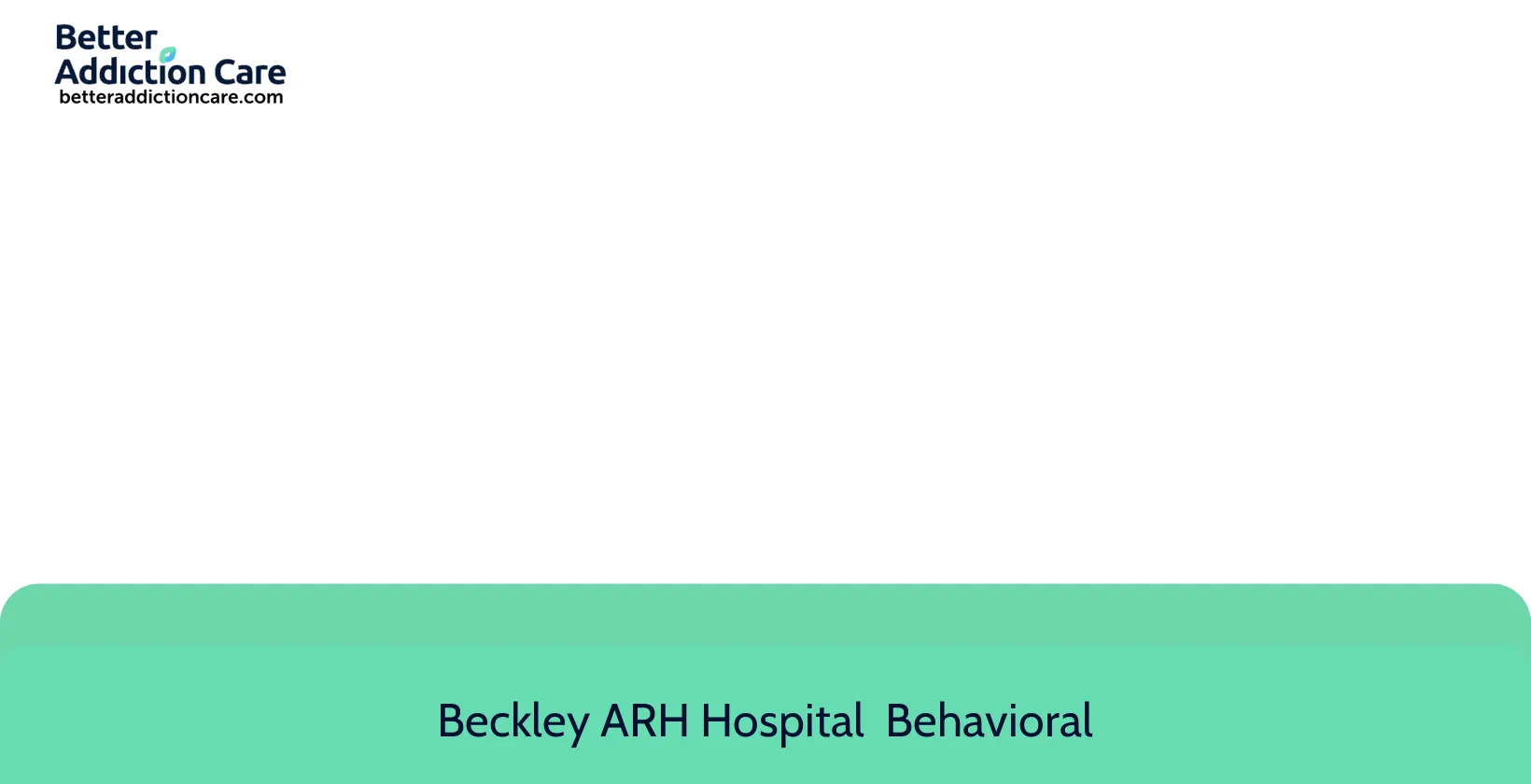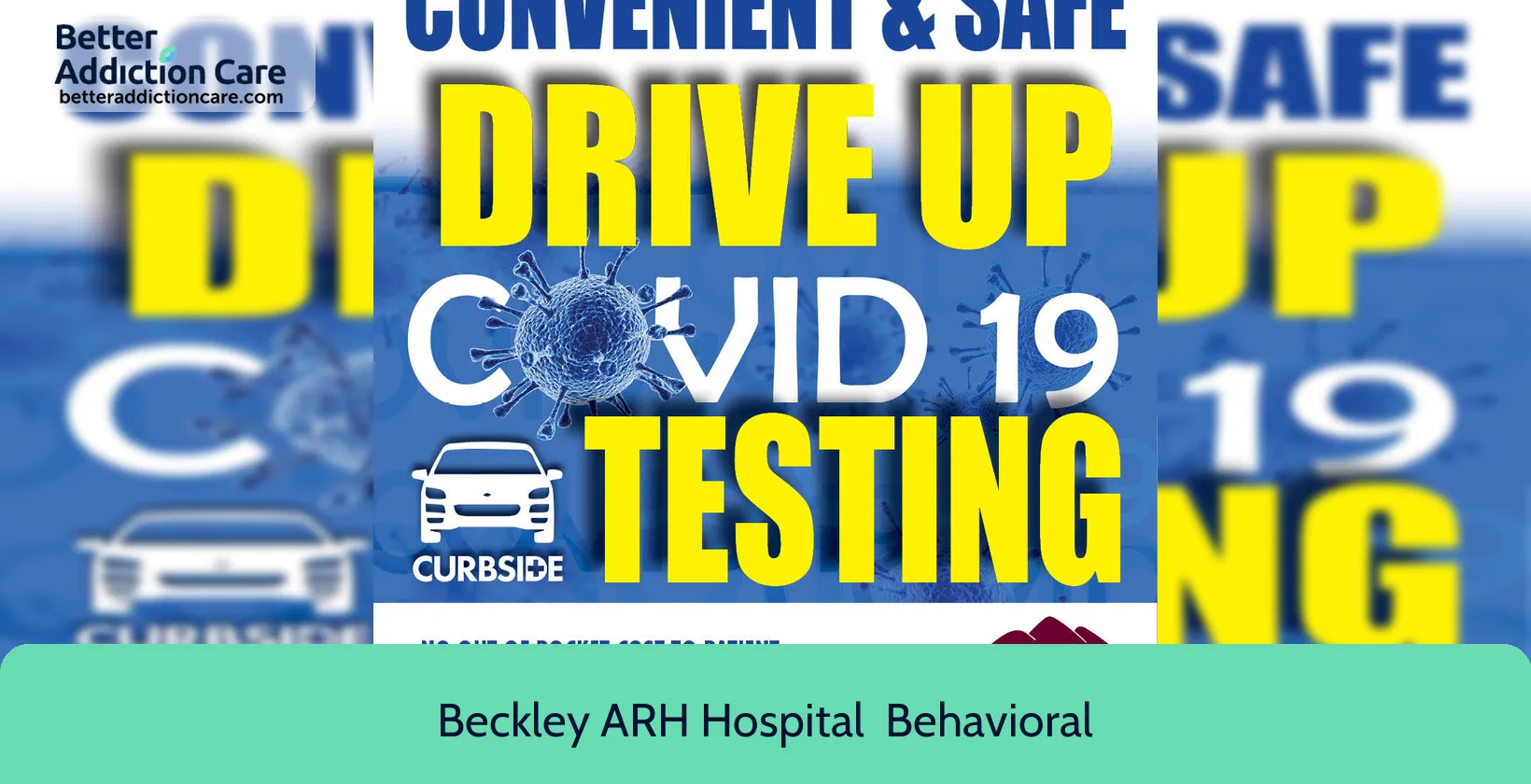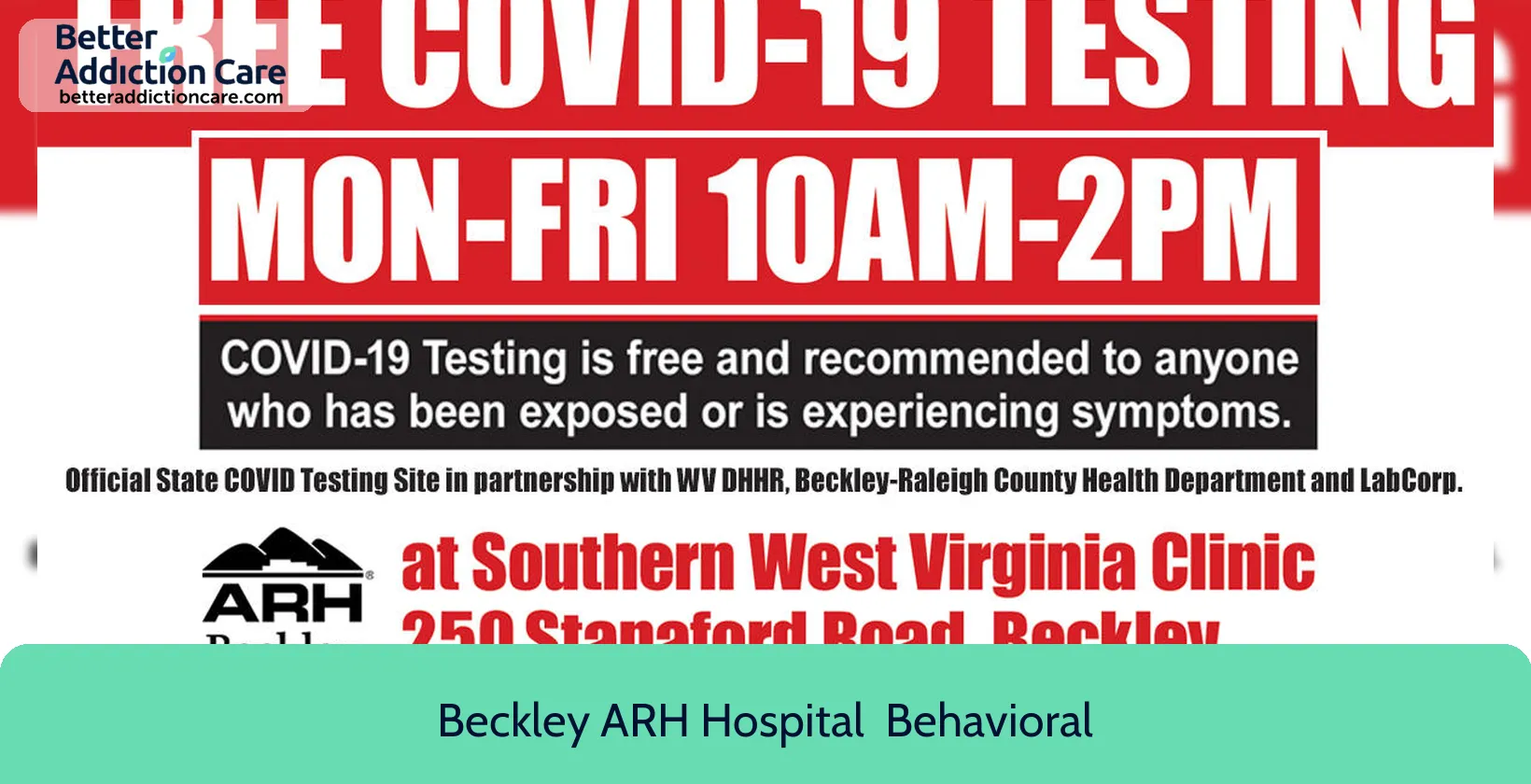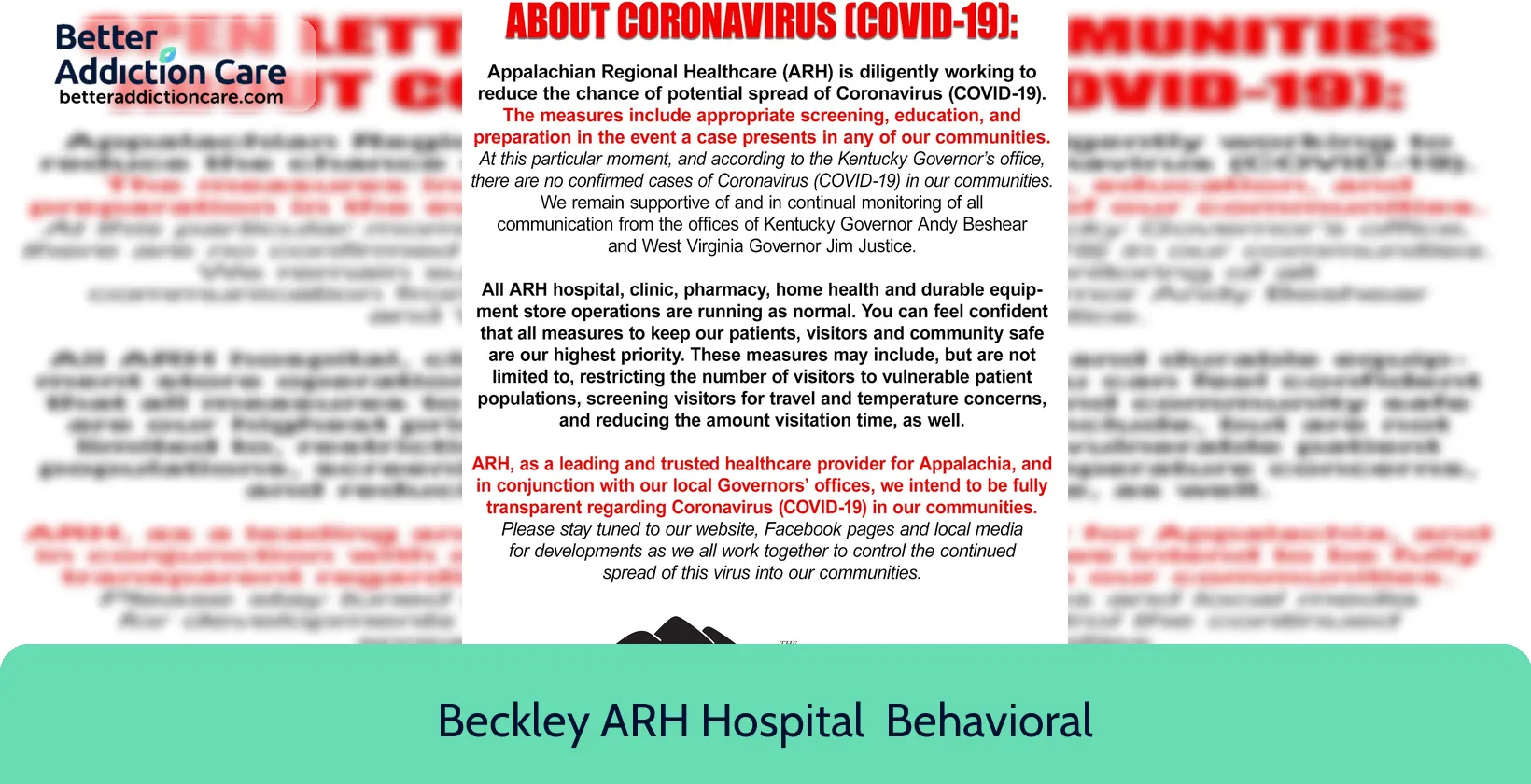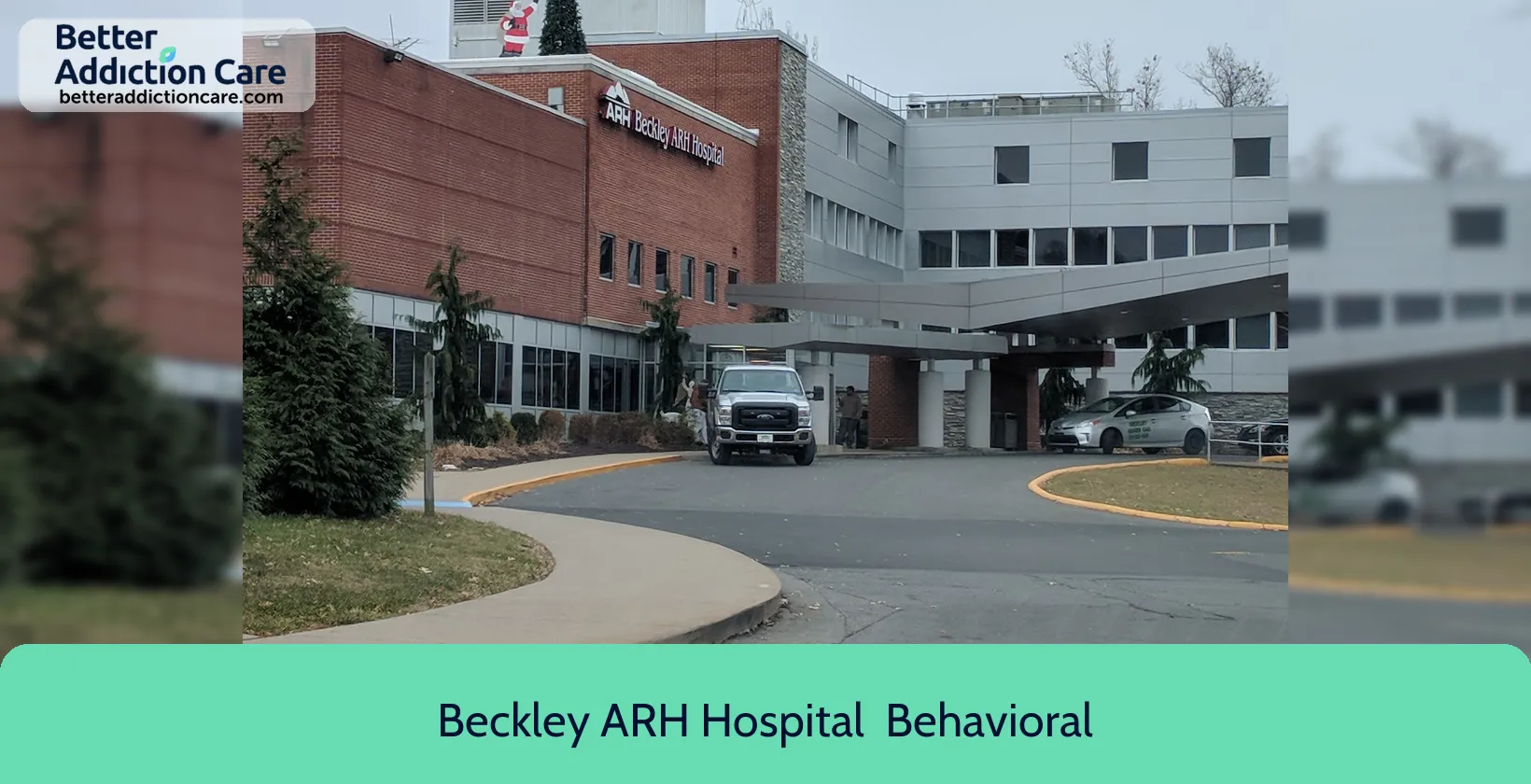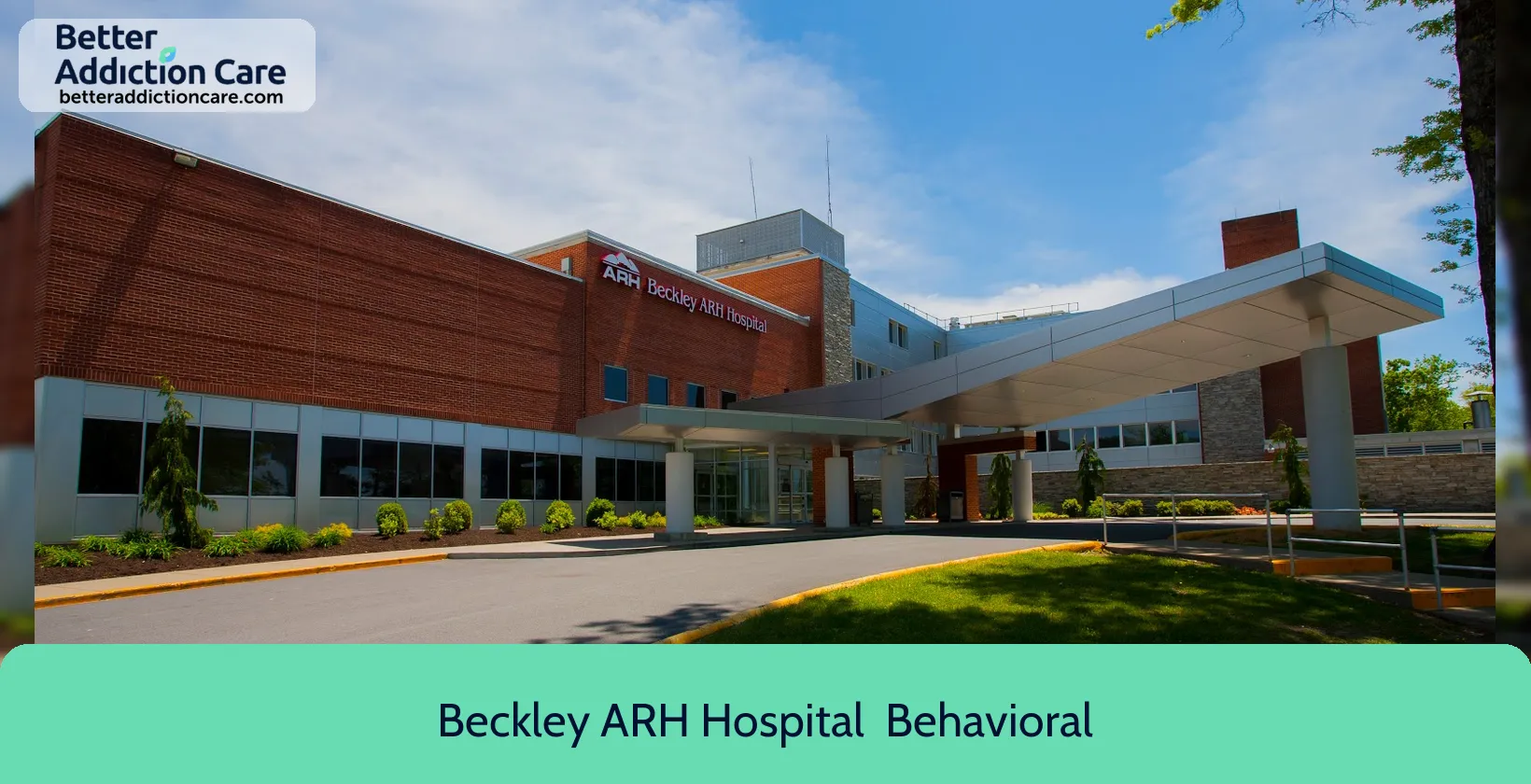Beckley ARH Hospital - Behavioral Health
Overview
Beckley ARH Hospital - Behavioral Health is a mental health treatment center for people seeking treatment near Raleigh County. As part of their treatment modalities for recovery, Beckley ARH Hospital - Behavioral Health provides couples/family therapy, group counseling, and cognitive behavioral therapy during treatment. Beckley ARH Hospital - Behavioral Health is located in Beckley, West Virginia, accepting cash or self-payment for treatment.
Beckley ARH Hospital - Behavioral Health at a Glance
Payment Options
- Cash or self-payment
- Medicaid
- Medicare
- State-financed health insurance plan other than Medicaid
- Private health insurance
Assessments
- Screening for tobacco use
- Comprehensive mental health assessment
- Comprehensive substance use assessment
Age Groups
- Seniors or older adults
- Young adults
- Children/adolescents
- Adults
- Seniors
Ancillary Services
- Case management service
- Chronic disease/illness management
- Court-ordered outpatient treatment
- Diet and exercise counseling
- Family psychoeducation
Highlights About Beckley ARH Hospital - Behavioral Health
6.71/10
With an overall rating of 6.71/10, this facility has following balanced range of services. Alcohol Rehabilitation: 8.00/10, Drug Rehab and Detox: 6.00/10, Insurance and Payments: 6.00/10, Treatment Options: 6.85/10.-
Alcohol Rehabilitation 8.00
-
Treatment Options 6.85
-
Drug Rehab and Detox 6.00
-
Insurance and Payments 6.00
Treatment At Beckley ARH Hospital - Behavioral Health
Treatment Conditions
- Mental health treatment
- Alcoholism
- Substance use treatment
- Co-occurring Disorders
Care Levels
- Hospital inpatient/24-hour hospital inpatient
Treatment Modalities
- Couples/family therapy
- Group counseling
- Cognitive behavioral therapy
- Dialectical behavior therapy
- Integrated Mental and Substance Use Disorder treatment
Ancillary Services
Languages
- Sign language services for the deaf and hard of hearing
Additional Services
- Pharmacotherapies administered during treatment
- Mentoring/peer support
- HIV testing
Special Programs
- Clients with co-occurring mental and substance use disorders
- Veterans
- Members of military families
- Clients with HIV or AIDS
- Clients who have experienced trauma
Get Help Now
Common Questions About Beckley ARH Hospital - Behavioral Health
Contact Information
Other Facilities in Beckley

6.65

7.59
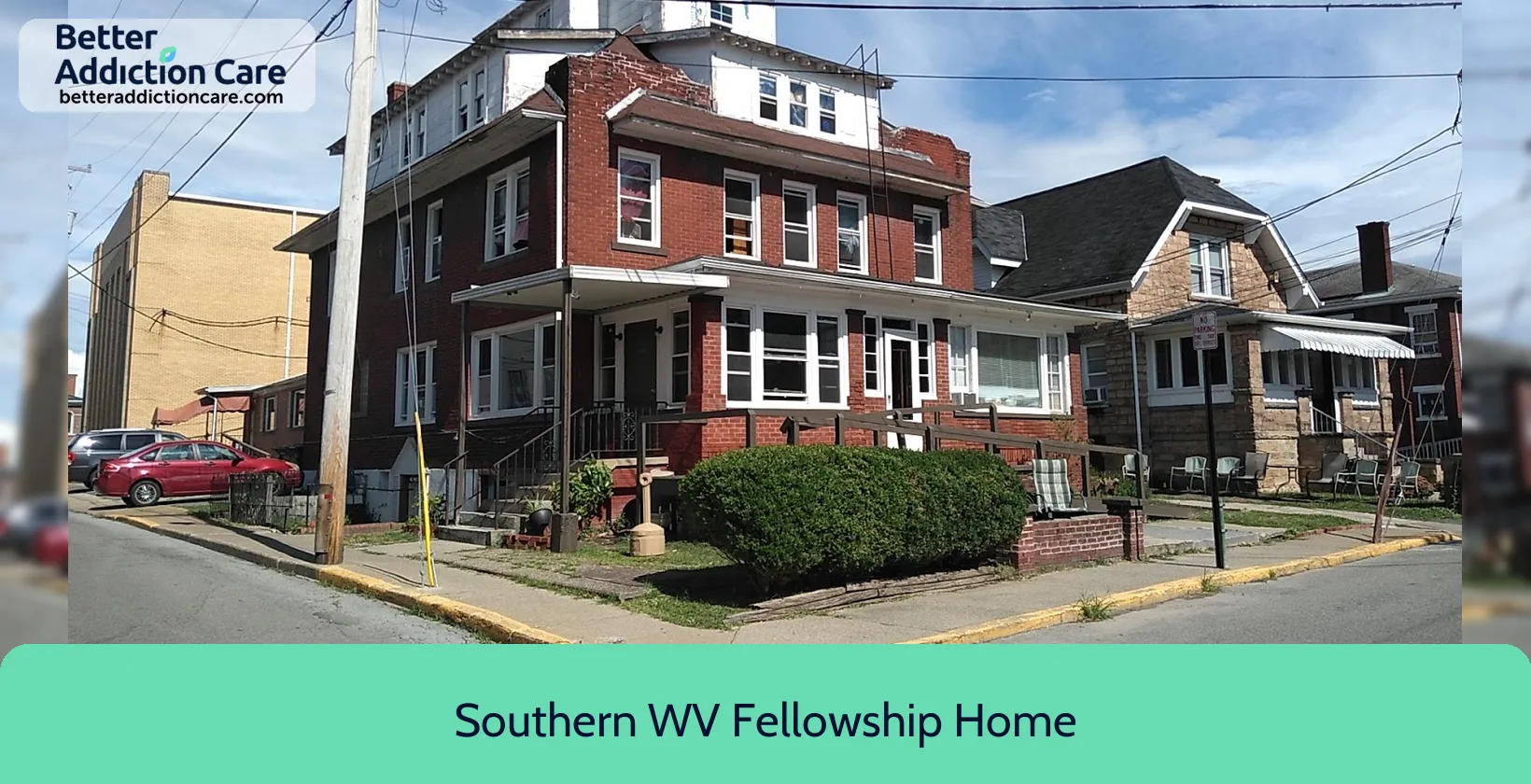
6.68
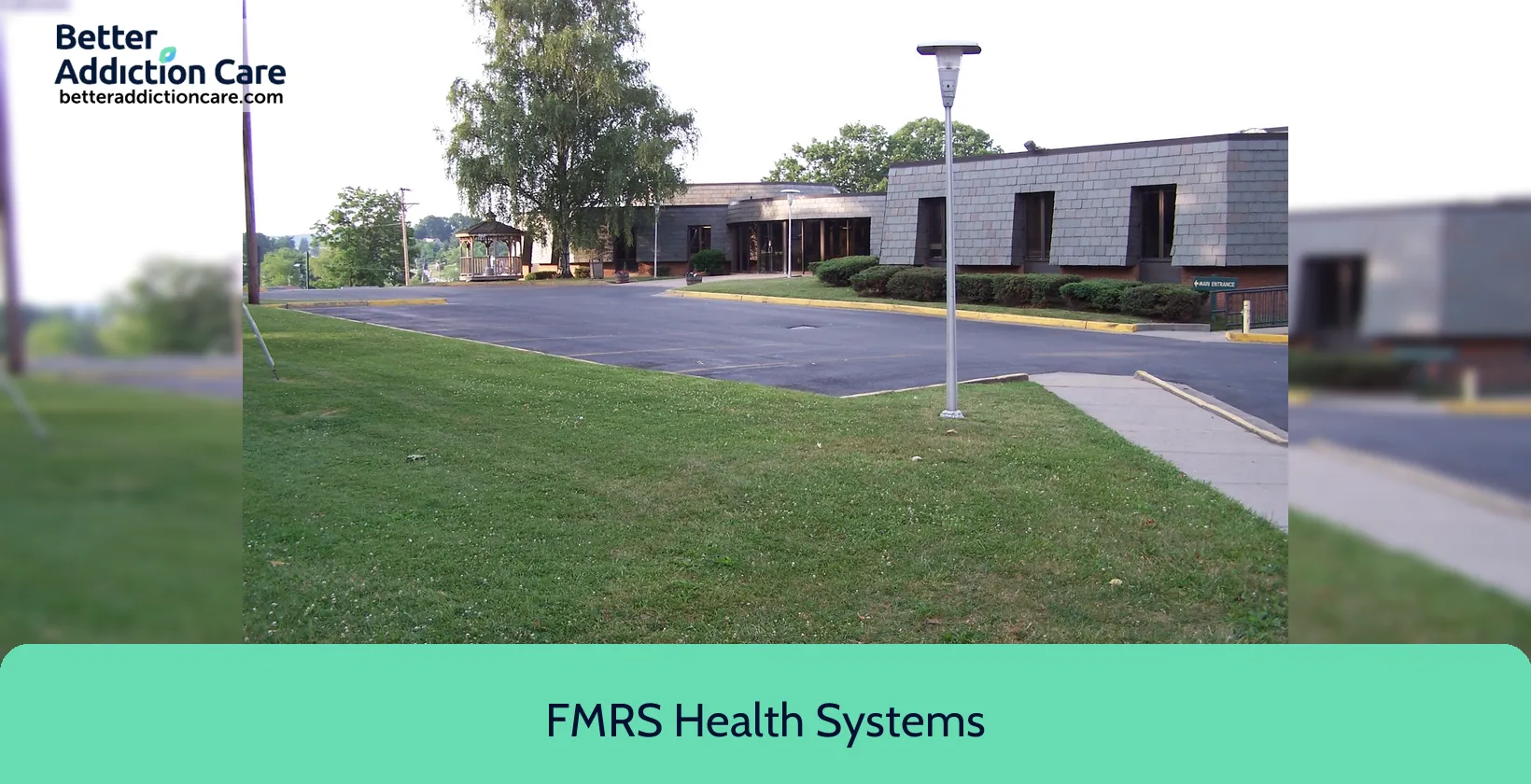
7.74
Browse rehab centers near Beckley and in other cities across West Virginia
DISCLAIMER: The facility name, logo and brand are the property and registered trademarks of FMRS Health Systems, and are being used for identification and informational purposes only. Use of these names, logos and brands shall not imply endorsement. BetterAddictionCare.com is not affiliated with or sponsored by FMRS Health Systems.
